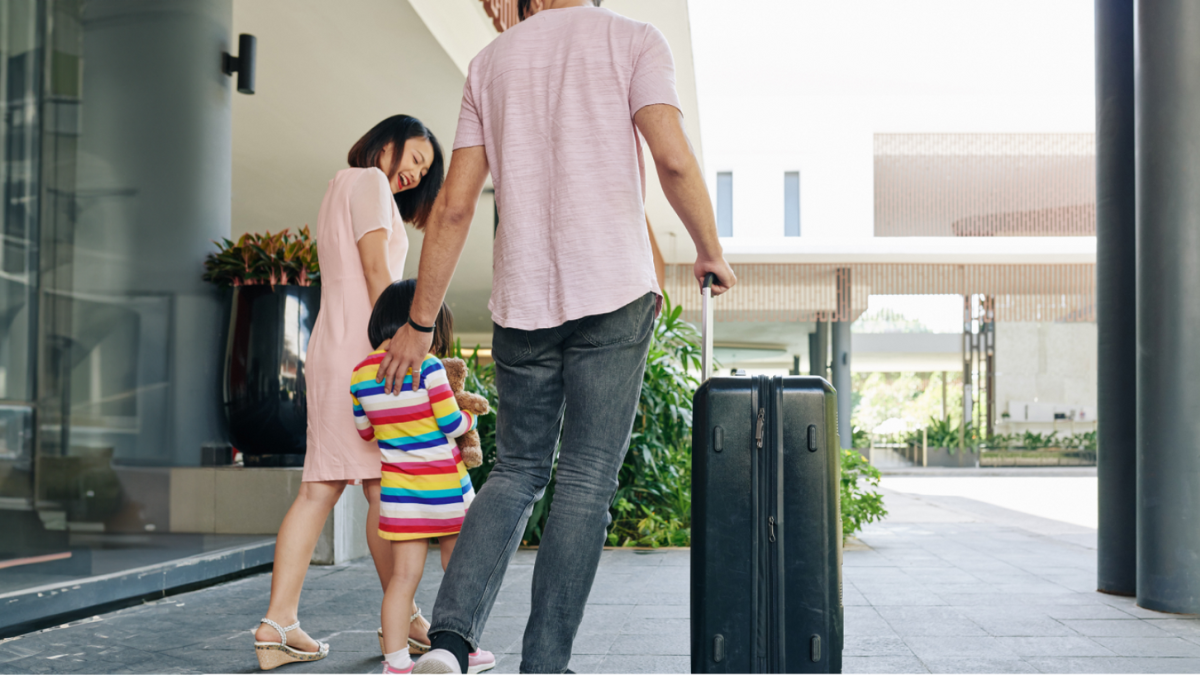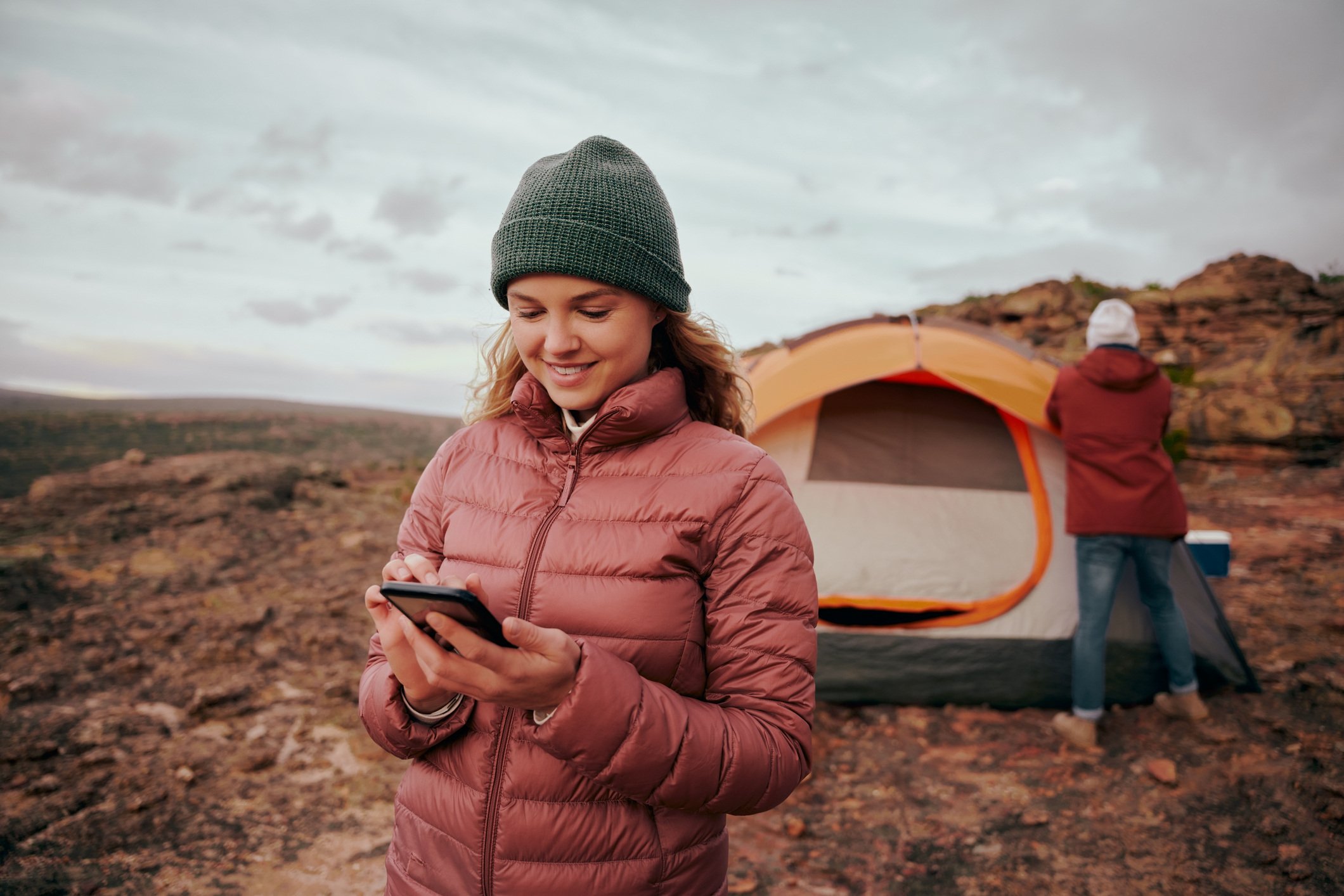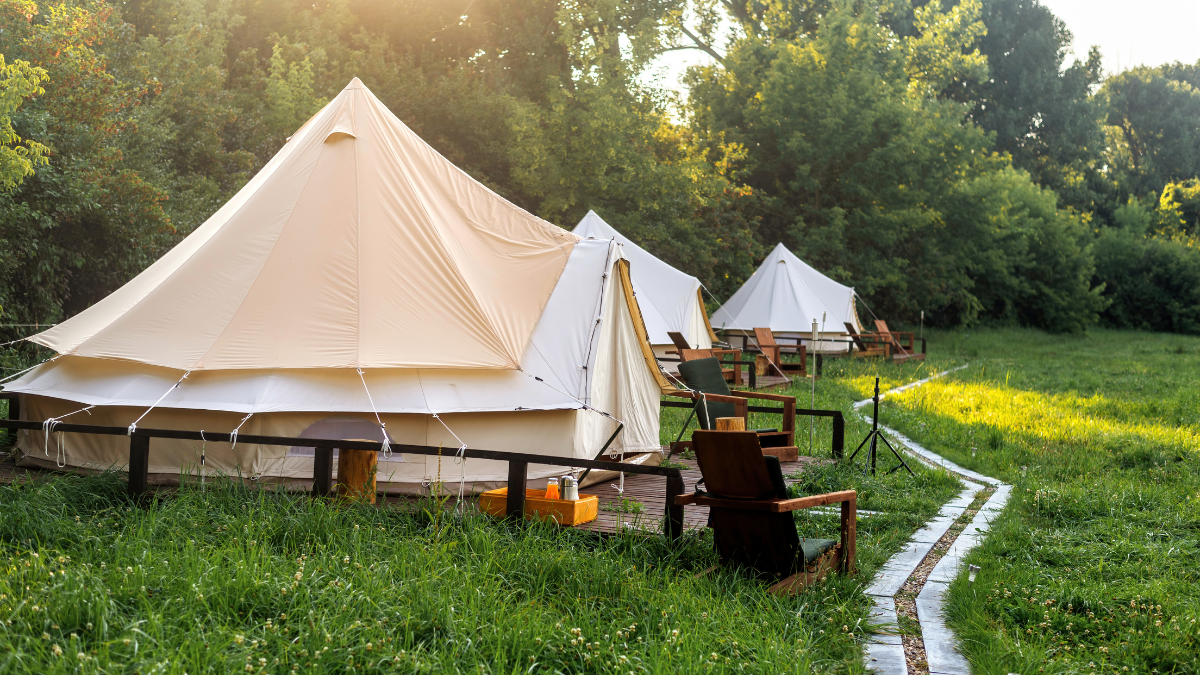As the world considers a post-COVID-19 future, many hoteliers are realizing that even as travel returns, the hospitality industry will not be conducting business as usual.
Adapting to a new normal will be a challenge and an opportunity for hoteliers to reevaluate the systems and resources they currently have in place and make changes that will set them up for success long-term. Here are seven steps hoteliers can take using their property management system (PMS) to make the path to recovery easier.
1. Increase operational efficiency
Automating crucial processes can help hotels survive and even thrive during recovery. Hoteliers should look for “set it and forget it” PMS features like dynamic pricing, scheduled reports, and automated guest correspondence to save hours of staff time every day. A system with detailed reporting and integrated accounting can also provide hoteliers real-time visibility into their property’s performance, and enable data-driven decision-making as new information becomes available and the market changes quickly.
2. Ensure staff productivity
As travel, businesses, and hotels reopen in phases, a cloud-based PMS that can be accessed remotely will enable hoteliers to minimize their on-premise staff footprint by allowing back-office teams—such as reservations, accounting, sales, and revenue management—to work and be productive from home. Staff can take advantage of any downtime to learn about additional PMS functionality and enhance their system to ensure peak performance as travel picks up. Hoteliers should look to their PMS provider for online training tools and resources such as self-help files, how-to videos, educational webinars, and one-on-one remote live sessions for training tailored to their hotel’s specific needs.
3. Prioritize housekeeping
A new level of cleanliness will be expected for guests to feel safe staying at hotels. A cloud-based PMS with a built-in housekeeping portal will let housekeeping teams conduct day-to-day operations entirely from mobile devices. This setup allows for remote communication between housekeeping staff and coordinators in support of continued social distancing practices. A mobile housekeeping portal also allows real-time information on guestrooms, room status, and outstanding tasks to be accessed and updated at the click of a button.
4. Resume marketing to guests
As travel restrictions lift, hotels need to let people know that they are open and encourage travelers to rebook stays with them. A PMS with built-in marketing tools will have the ability to send targeted email campaigns to contact lists pulled from guest records based on specific criteria, such as canceled reservations or how long ago guests stayed at the hotel. A fully integrated PMS also gives hoteliers the ability to automatically apply promotional rates to their booking engine when guests click a link in a marketing email. Built-in marketing analytics can help hoteliers track the effectiveness of email campaigns such as the number of emails delivered, open rate, and click rate.
5. Capture as many bookings as possible
Now is the time for hoteliers to ensure their PMS has the features and functionality they need to achieve their business goals as travel returns. In addition to updating websites with relevant content and having a strong SEO strategy in place, hoteliers should look for a PMS with a built-in internet booking engine and integrated channel manager to make sure they’re reaching as many people and capturing as many reservations as possible through both direct bookings and OTAs.
6. Enable guest-driven experiences
Guests will be looking for safe, hygienic hospitality experiences with social distancing in mind even as travel returns. Hoteliers should use their PMS to enable as many self-service, contactless interactions for guests as possible, such as online reservations, mobile check-in and check-out, self-service kiosks, and communication with staff through a guest portal. Online transactions including digital contracts and online payment options will also help guests avoid face-to-face contact and reduce the amount of staff time required to manage guests’ needs. Hoteliers can also use guest records within their PMS to save guest preferences (e.g., allergies, accessibility needs, green housekeeping, special requirements, and VIP amenities) and apply that information to personalize and enhance each guest’s stay.
7. Plan for the future
No one knows exactly what the road to recovery will look like for the hotel industry. Hoteliers need to prepare for multiple different scenarios and have a plan for how they will adjust as time goes on. As business needs change, hotel technology should evolve too, and hoteliers should make sure their PMS aligns with their goals for the future. A highly configurable and scalable property management system will give hoteliers a competitive advantage, because their technology will be able to grow, change, and adapt to market conditions with them, regardless of hotel size or operational complexity.
Originally published in Lodging Magazine: https://lodgingmagazine.com/road-to-recovery-seven-ways-pms-technology-can-help-hoteliers-now/




